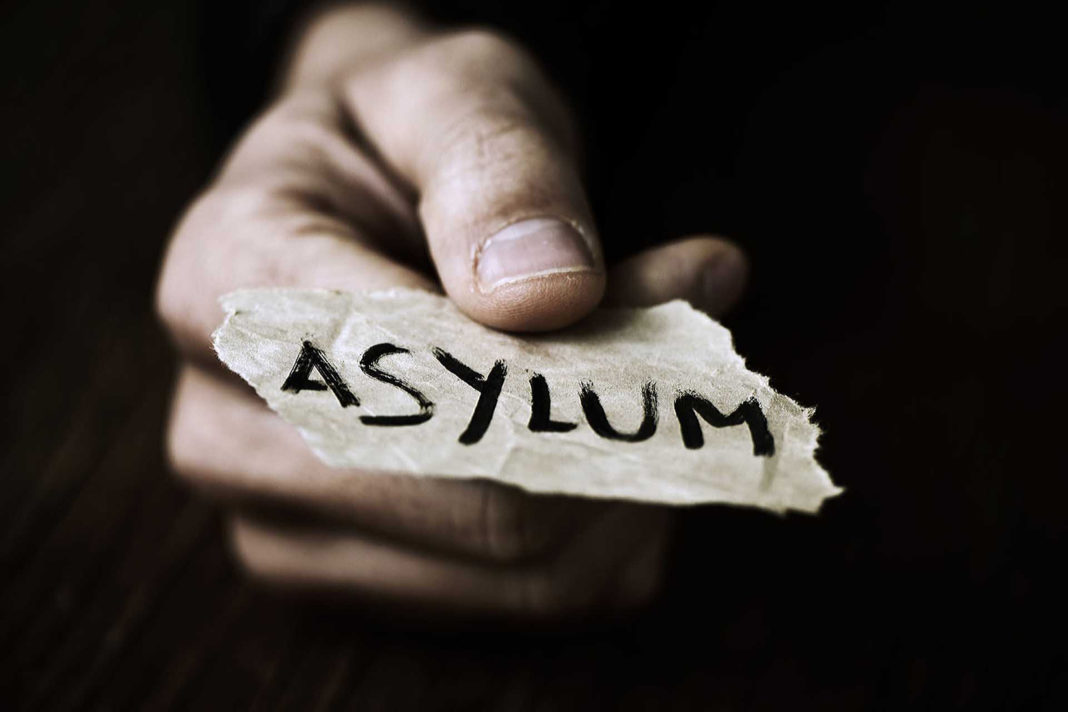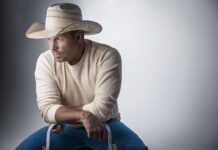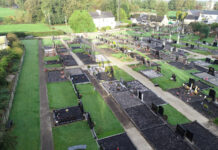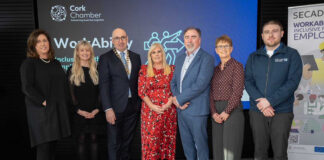Some two thousand years after the Gospel of Saint Matthew says a carpenter and his family were forced to flee persecution in their native land, more than 7,000 asylum seekers, almost 2,000 of them children, languish in Ireland’s direct provision system.
“When the Magi had gone, an angel of the Lord appeared unto Joseph in a dream. ‘Get up,’ he said, ‘take the Child and His Mother and escape to Egypt. Stay there until I tell you, for Herod is going to search for the Child to kill Him.’” – Matthew 2:13
Bernadette (not her real name) arrived in Ireland last year from her native South Africa with her 14-year-old and her baby. Her middle child, a boy of 11, was left behind.
Bernadette spoke with me last week from her home in a direct provision centre in Munster on the condition of anonymity, because, she said, “they are monitoring us”. I replied that, yes, the Department of Justice is monitoring all media and social media commentary on Ireland’s direct provision system. I told her, with some small pride, that my name was one of those on their ridiculous list. Bernadette laughed at that.
I asked her why she fled South Africa, and she told me she had been in an abusive relationship with a man involved in criminality. She believes he preyed upon her knowing she was vulnerable.
“I grew up in a very bad environment. I was raped by some of my relatives and nothing was done about it, so I grew up having to fend for myself. I lost my mum when I was nine years old.”
Bernadette says her partner became increasingly violent toward her, and he eventually began prostituting her out to his friends, forcing her to be raped by multiple men.
“Because I had no family support, he knew I had no-one who would help me. He knew everyone in my circle, and I could not go to another area in South Africa because he had used me as a drug mule, and I knew how his business worked and that made me a threat to him.
“I wanted out of the relationship because the abuse was too much, and I had to think for my kids. I was taking drugs to help me cope, and I knew this was not good. I had to get out.”
She said she did not feel she could trust the South African police to help her, because, she alleged, they were both incompetent and corrupt.
“Because when I was raped when I was young nothing was done, when that happens to you, you lose all faith in the police, and everything in the justice system. Also, I felt like nothing could be done, because he has a lot of connections.
“I knew how he operates, because sometimes I would be the one he would send to pay off the police.”
A cousin of Bernadette’s put her in touch with her pastor. He helped Bernadette to flee. She says she knew nothing about Ireland when she came here, except that it is a safe country and far away. I asked if she knew about the Irish weather. She laughed and said no.
Bernadette said she worries constantly about the son she left behind.
“It keeps me up at night, because I don’t know if my ex would go to my son to get to me. I’m just sitting here every day, worrying.
“I was not able to bring him as I was fleeing. It breaks my heart every day to be without him. We are waiting to see if we can get asylum here. If we do get our papers, I will hopefully be able to make arrangements for my little boy to join me.”
With Christmas approaching, we spoke a little about religion. Bernadette said she is religious, but given all that has happened in her life, she is not really sure what she believes. She said that although she is a Christian, in her family they would believe strongly in the power of communicating with their ancestors, something she says is an old African faith with pre-dates the arrival of Christianity.
“Sometimes studying the Bible and going to church clashes with that belief, so right now I am trying to reconcile the two. Before the European settlers brought the Bible, the first Africans would have followed ancestral practices and ancestral beliefs.”
I told Bernadette about the way Irish people embraced Christianity when it first came here, but adapted it to our own ways, with our ancestor-based pagan beliefs tinging the new religion, the most famous example being the goddess Brigid transforming into a Christian saint.
“I think that is what went on in South Africa too. We mixed the two so it could work on both sides. In my country, the same as in Ireland. When it comes to spirituality, we are all connected. That’s what I think.”
Bernadette was here for Christmas last year, and she describes it as a very difficult experience.
“Oh man. I’ve been at home [in South Africa] some Christmases and we would have nothing to eat, but last year everything was fine except for the fact I couldn’t be with my son and my grandmother. I just lost her just a couple of weeks ago, and this woman raised me. It was so difficult not being there for her funeral.”
Covid-19 has made her family’s life in direct provision worse, Bernadette says. Her baby’s father is in Dublin. He is not in direct provision, and travel restrictions have been hard for them.
“We have nothing to do. I have a small baby and the father is in Dublin and sometimes you just need help when you have a small baby.”
Bernadette says that, a year after she had her last interview with Department of Justice, she has no idea how long until she will find out whether she will be deported or not. She and her baby, and her 14-year-old son, share one room in a direct provision centre.
“When the baby wakes up, my son, who has school the next day, is awakened too. Then when my son wakes up for school in the morning, he wakes the baby too. And now the baby is moving about, we are just cooped up in the one room.
“The manager [of the direct provision centre] is really nice. He goes beyond his call of duty, but to be honest there is nothing he can do, really.”
Bernadette says it is hard to make strong friendships in direct provision, as everything is tinged with an air of uncertainty and impermanence.
“You just don’t know when you can be moved, or when you can be deported.
“For me, a happy new year would be to get my papers, to be reunited with my beautiful little son, and to start to make a proper home in Ireland. I would love to get a job and feel I was a proper part of this country.”
“The foreigners residing among you must be treated as native-born. Love them as yourself, for you were foreigners in Egypt. I am the Lord your God.” – Leviticus 19:34








